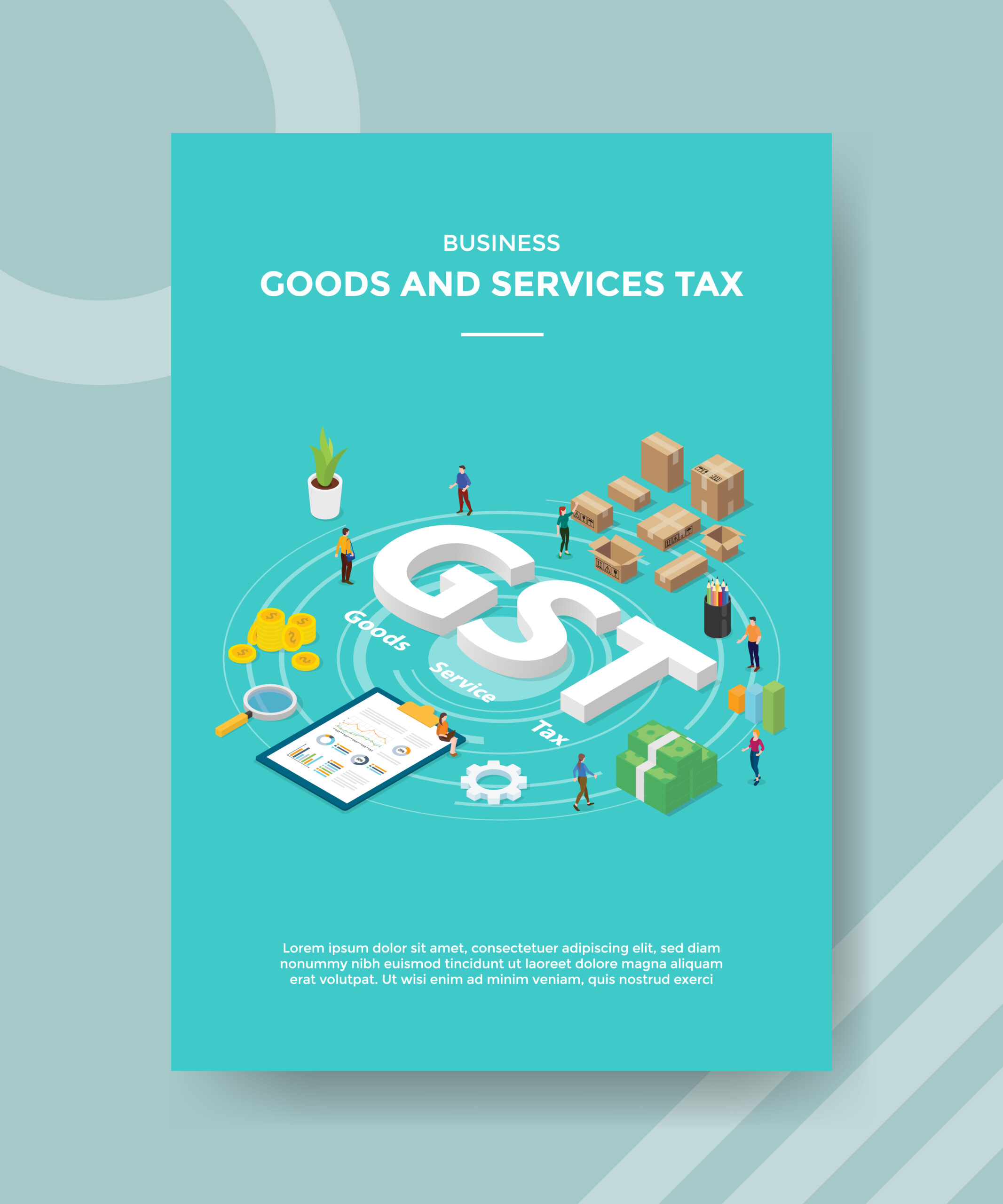The Union Budget 2024-25, presented by Finance Minister Nirmala Sitharaman, introduced several tax relief and reforms aimed at stimulating economic growth, increasing disposable income, and simplifying the tax structure. Below is a detailed overview of the key tax-related announcements:
- Personal Income Tax Reforms
a. Revised Income Tax Slabs
The new tax regime has been made more attractive for small taxpayers with revised tax slabs:
These adjustments are designed to reduce the tax burden on middle-income groups and boost consumption.
b. Standard Deduction Enhancement
The standard deduction for salaried employees has been increased from ₹50,000 to ₹75,000 under the new tax regime.
c. Family Pension Deduction
The deduction on family pension for pensioners has been enhanced from ₹15,000 to ₹25,000, providing additional relief to senior citizens.
- Corporate Tax Reforms
a. Reduction in Corporate Tax Rate for Non-Resident Companies
The base corporate tax rate for non-resident corporate taxpayers has been reduced from 40% to 35%, aiming to attract more foreign investment and enhance India’s global competitiveness.
b. Abolition of Anti-Abuse Provision
The anti-abuse provision that taxed amounts received by private companies from shareholders when issuing shares in excess of their fair market value has been abolished, effective April 1, 2024.
- Capital Gains Tax Adjustments
a. Short-Term Capital Gains (STCG)
The tax rate on short-term capital gains from shares, mutual funds, and real estate has been increased from 15% to 20%.
b. Long-Term Capital Gains (LTCG)
The tax rate on long-term capital gains has been set at 12.5%, with the exemption limit raised from ₹1 lakh to ₹1.25 lakh.
- Tax Deducted at Source (TDS) Reforms
The government has proposed a reduction in TDS rates for various types of payments to simplify compliance:
Insurance Commission, Life Insurance Policy Payments, Rent Payments, and Commission or Brokerage Payments: Reduced from 5% to 2%.
Payments by E-commerce Operators to E-commerce Participants: Reduced from 1% to 0.1%.
These measures aim to ease the compliance burden on taxpayers and promote a more straightforward tax regime.
- Goods and Services Tax (GST) Reforms
While specific changes to GST rates were not detailed in the budget, there is an ongoing emphasis on rationalizing the GST regime to improve compliance and boost revenue.
- Fiscal Deficit and Economic Growth
The budget aims to narrow the fiscal deficit to 4.9% of GDP, down from the previous target of 5.1%, while anticipating a nominal economic growth of 10.5%, with real growth between 6.5-7%.
Conclusion
The Union Budget 2024-25 introduces significant tax reliefs and reforms focused on reducing the tax burden for individuals and corporations, simplifying the tax structure, and promoting economic growth. These measures reflect the government’s commitment to fostering a more transparent and taxpayer-friendly environment, encouraging investment, and stimulating consumption across various sectors of the economy.




Pingback: Expected Tax Reliefs for Taxpayers with Income Up to ₹15 Lakhs - Tax Concept